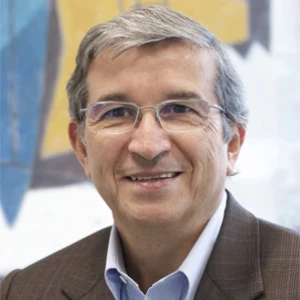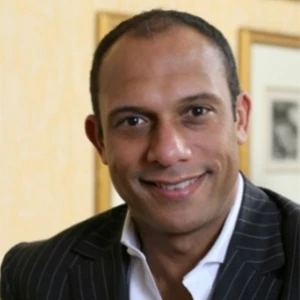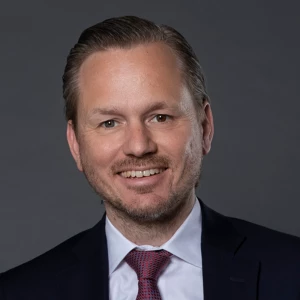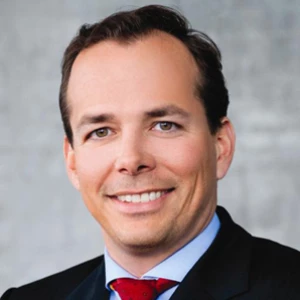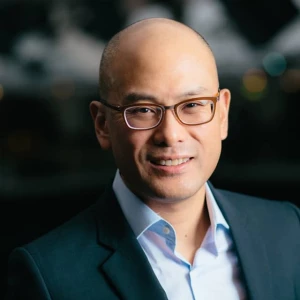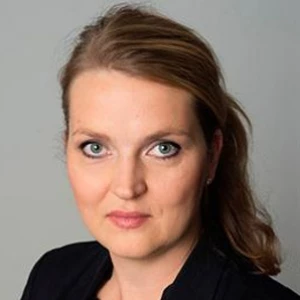The global wealth-management industry is becoming increasingly complex. With the mature economies of the “old world” and the developing economies of the “new world” moving at different speeds, wealth managers in different regions are grappling with complicated sets of problems. In essence, the core challenge in the old world is how to make the most of the modest growth that is expected in traditional markets, while players in the new world are trying to capture a substantial share of the wealth that is being created in rapidly developing economies. Diverse strategies will be required on either side of the divide to succeed—and to maintain the overall momentum that the industry realized in 2012.
At the same time, regardless of their home market or principal region of activity, wealth managers globally still have much in common. All must find ways to gather new assets, generate new revenues, manage costs, maximize IT capability, comply with regulators, and find winning investment solutions that lead to deep and long-standing client relationships. Indeed, the battle for success in this increasingly complex industry landscape will intensify throughout the rest of the decade.
In Maintaining Momentum in a Complex World: Global Wealth 2013, which is The Boston Consulting Group’s thirteenth annual report on the global wealth-management industry, we explore the current size of the market, the present state of offshore banking, and the performance of leading institutions in a wide range of categories. We also thoroughly assess the key trends that are shaping the industry landscape, as well as outline steps that wealth managers must take to position themselves advantageously. Our goal, as always, is to present a clear and complete portrait of today’s wealth-management industry, as well as to offer thought-provoking analysis of issues that will affect all types of wealth managers as they pursue their growth ambitions in the coming years.
Acknowledgments
For their valuable contributions to the conception and development of this report, our special thanks go to the following BCG colleagues, by region.
Asia-Pacific: Federico Burgoni, Austin Chiang, Ashish Garg, Vish Jain, Frankie Leung, Kuo-Loon Loh, Masahide Ohira, Sangsoon Park, Perry Peng, Matthew Rogozinski, and Sam Stewart.
Europe, Middle East, and Africa: Vassilis Antoniades, Thorsten Brackert, Eric Brat, Etienne Burger, Guido Crespi, Ákos Demeter, Maxim Ermilov, Luis Gravito, Jérôme Hervé, Jesper Kjerside, Til Klein, Ludger Kübel-Sorger, Reinhold Leichtfuss, Andy Maguire, Santiago Mazón, Martin Mende, Aldous Mitchell, Ganesh Mohan, Tim Monger, Carlos Prádanos, Stuart Quickenden, Monica Regazzi, Holger Sachse, Olivier Sampieri, Christian Schmid, Burak Tansan, Pablo Tramazaygues, Sven-Olaf Vathje, Ian Wachters, Ian Walsh, and Oktawian Zajac.
The Americas: Ashwin Adarkar, Patricio Amador, Andres Anavi, Felipe Bovolon, David Bronstein, Nan DasGupta, Ignacio Forés, Monish Kumar, Rafa Lopez Espinosa, Joel Muñiz, Federico Muxi, Alejandro Pailles, Neil Pardasani, Miguel Pita, Steve Thogmartin, Masao Ukon, Joaquín Valle, and André Xavier.
Core Global Wealth Team (Switzerland): Christoph Ganz, Florian Holm, Michael Kahlich, Annette Pazur, Anna Pirhofer, Kevin Sartori, and Fabian Weber.
Finally, grateful thanks go to Philip Crawford for his editorial direction, as well as to other members of the editorial and production team, including Katherine Andrews, Gary Callahan, Angela DiBattista, Sara Strassenreiter, Anna Tustison, and Janice Willett.
